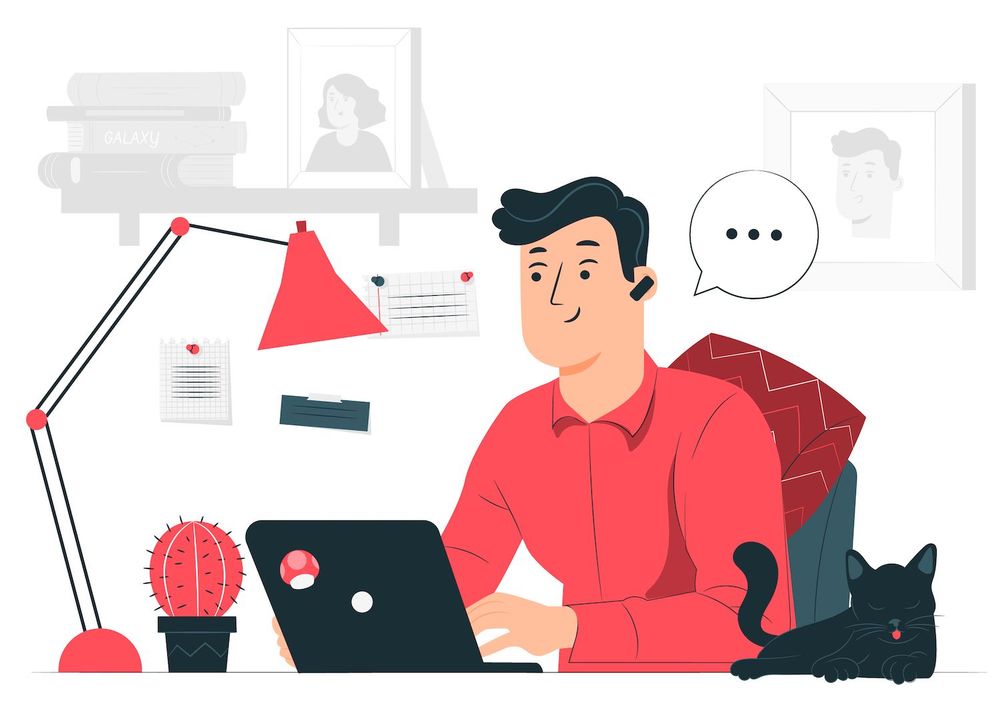The creative director's process is to design the most memorable marketing content
Based On Alex Wilson, Executive Creative Director of Amplify the process for creating marketing-related content is exactly like making other kinds of content. Its goal is to capture (and keep) the attention of viewers. "You are able to inform people through the lens of entertainment," Alex says. Alex. "I think that people aren't attracted to being advertised or targeted if they like the product."
Amplify is a multi-award-winning creative agency that focuses on experiential marketing. They create large-scale, multi-faceted events and experiences for large organizations, including Playstation, Netflix, Levi's in addition to many others. "We are able to introduce innovation to every aspect of media," Alex says. Alex. "Historically we've been referred to as a brand agency focused on experiences however, content has been the primary focus of everything we did."
We had the pleasure of having a conversation with Alex to get a better understanding of his process of coming up with ideas and his thoughts regarding the current market. Take a look at the topics he mentioned in our conversation as well as the video interview below.
How do you find you North Star when it comes to creating videos?
"Our mission is to inform as well as entertain. That's one of the major advantages video media provides. This can be accomplished by attracting a large audience. When someone is brought at us, and wants to utilize technology for the purpose of accomplishing what they want to accomplish, we see this to be an event that's a single scene that is an element that is part of a larger process of storytelling."
What are you able to do to make sure that the work you do is of top quality? What are you able to do to keep in the right direction?
"Audience, always. What we're saying to whom is vital. Are you communicating with them in the ways you'd like them to be addressed through, in the manner they'd prefer to be treated? Begin by talking with those in front of you, and think about what you could do to best talk with them. Then, you can bring your expertise. Make sure that you don't interfere with their experience but you must enhance it."
What kinds of information will work for this particular customer?
"Whether you're in search of an immersive TV show to get the most passionate viewer to watch a brand new TV show that is on Netflix and whether or not the main focus is making a mobile-centric space and challenging the conventional notion of what retail environments can be, or to show off brand new sneakers or a game that is the most original. The work we do begins with the audience, and then the way to bring it about on a multitude of different platforms.
We do not want to work towards the same output. The briefs we receive from our customers often come with this kind of issue, and it's the reason that this cooperation, compromise and co-creation is derived from. We'll help you discover an optimal solution even when results aren't as they thought it would be."
How can you assess the efficacy of your efforts?
"For us we are concerned about "Did we tell the story in a way that is authentic to the audience that we wanted it told to? This is the most important thing we have to think about. We are often working with different cultures and subcultures. There is a great department within our company that researches the cultural aspects of the region. Our agency has always, and will always be immerse in the cultural norms.
We strive to collaborate with the people around us instead of broadcasting to viewers directly. Instead, we encourage viewers to join forces with us to create our content and the experience to make it enjoyable for both them and the viewers. There isn't a clear definition of what"success" is, but if we've developed our content that has been well-liked by the viewers, that's an incredible achievement for us."
What's your favorite advice you've received?
"My chief creative director Jeavon Smith, once said to me "Ignore the background noise.' My opinion is that not focusing on background noise could prove helpful for different scenarios. It allows the mind to be focussed on what that you're working towards and the service your colleagues provide and to work together as there's an awful lot of background distractions."
Which one do you prefer ?
"Lots of staff members at the studio and the agency use it in a variety of methods. The power of creativity is one of them. Discovering new talent could be the best opportunity we have when it comes to this. In terms of internal use, we take a look at what we've done at least as an example of our work. If we require an reference to the work we've accomplished in this report, or write it down in a way that permits us to come back and review the project."
This article was originally posted on this site
Article was posted on here
This post was posted on here
